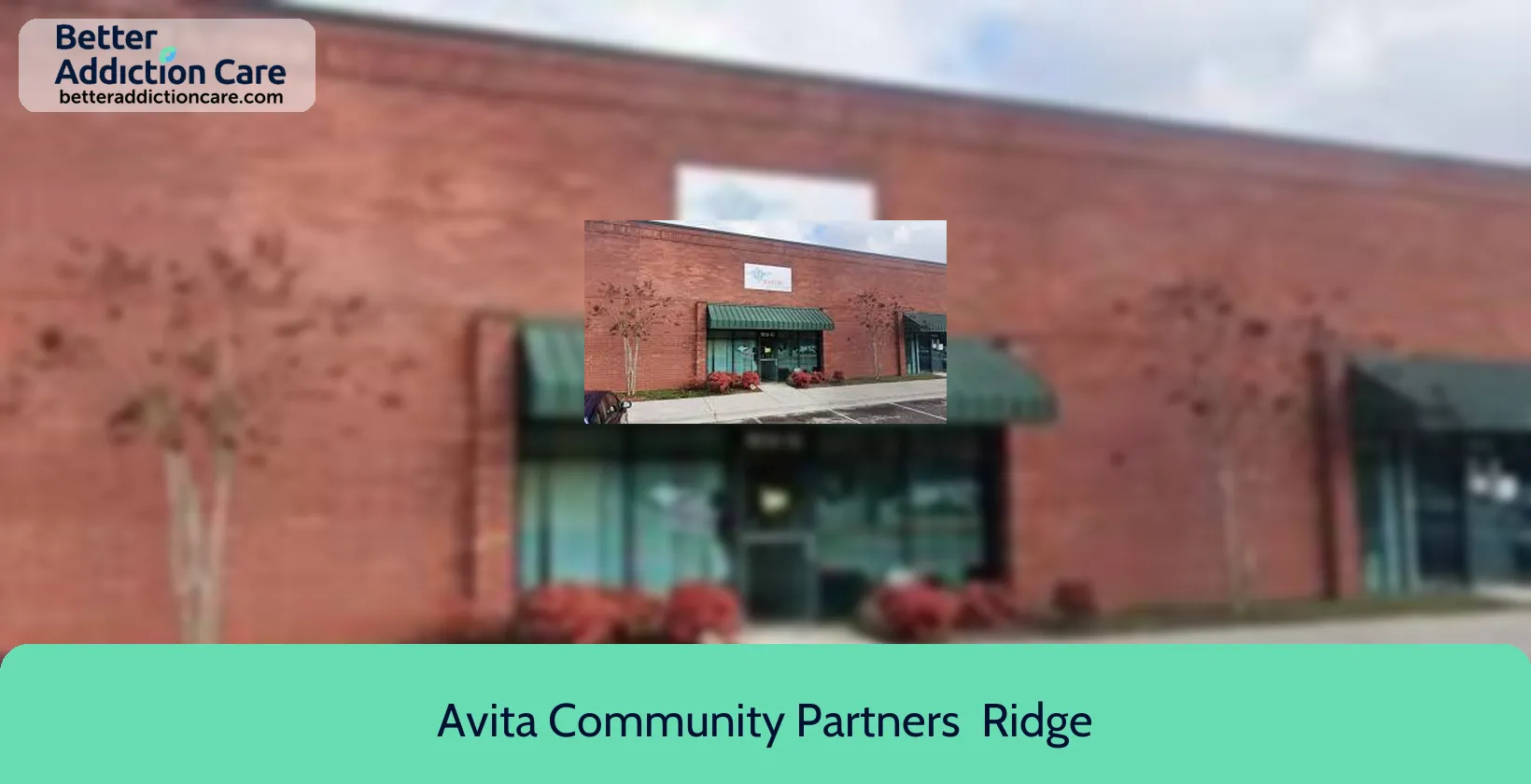Avita Community Partners - Ridge Drive
Overview
Avita Community Partners - Ridge Drive, a rehabilitation center situated in Gainesville, Georgia, provides comprehensive treatment for substance addiction, co-occurring disorders, and mental health challenges to individuals aged 18 and older. The center provides a specialized program for children and adolescents who are experiencing substance addiction, severe emotional disorders, or behavioral issues. This program offers early intervention and customized therapies that are designed to assist younger individuals in the development of healthier coping mechanisms and resilience. Additionally, the center provides an immediate support system for individuals experiencing acute distress through its Crisis Prevention and Intervention Program. The Employment Support Program facilitates the reintegration of individuals into society by offering resources and guidance to assist them in securing and maintaining employment.
Avita offers an outpatient program for individuals who require flexible treatment options and an intensive outpatient program (IOP) for those who require more structured care and an FDA approved Medically Assisted Treatment (MAT) detoxification program. These are the primary services offered. Avita provides immediate stabilization and support to individuals in crisis through its inpatient program at its Behavioral Health Crisis Center. A robust aftercare program is accessible to guarantee long-term success, offering continuous assistance and resources to assist clients in maintaining their recovery and overall health following the completion of primary treatment.
The center provides a comprehensive selection of therapeutic services that are specifically tailored to address the mental health and substance addiction components of recovery. These therapies consist of Cognitive Behavioral Therapy (CBT), Dialectical Behavioral Therapy (DBT), Individual Psychotherapy, Couples and Family Therapy, and Group Therapy. In addition, the center offers specialized treatments, including Trauma Therapy, Integrated Dual Diagnosis Treatment, and Telemedicine, which enable individuals with co-occurring disorders to access care remotely. The treatment process is further enhanced by holistic approaches such as Physical Activity Therapy, Nutrition and Fitness Therapy, Life Skills Training, and Anger Management, which promote overall health and well-being.
It has been accredited by the Commission on Accreditation of Rehabilitation Facilities (CARF), which is a testament to its dedication to upholding the most stringent ethical standards and quality of care in the field of addiction and mental health treatment. Avita is a dependable source of assistance for families and individuals who are striving to surmount the obstacles of substance abuse and mental health through its personalized approach and comprehensive programs.
Avita Community Partners - Ridge Drive at a Glance
Payment Options
- County or local government funds
- Community Mental Health Block Grants
- Community Service Block Grants
- Medicaid
- Other State funds
Assessments
- Comprehensive mental health assessment
- Comprehensive substance use assessment
Age Groups
- Adolescence program
- Young adults
- Adults
Ancillary Services
- Assisted Outpatient Treatment
- Diet and exercise counseling
- Supported employment
- Social skills development
Highlights About Avita Community Partners - Ridge Drive
7.16/10
With an overall rating of 7.16/10, this facility has following balanced range of services. Alcohol Rehabilitation: 8.00/10, Drug Rehab and Detox: 6.00/10, Insurance and Payments: 7.07/10, Treatment Options: 7.58/10.-
Alcohol Rehabilitation 8.00
-
Treatment Options 7.58
-
Insurance and Payments 7.07
-
Drug Rehab and Detox 6.00
Accreditations
Commission on Accreditation of Rehabilitation Facilities (CARF):

CARF accreditation is a prestigious recognition granted to rehabilitation and human service organizations. It signifies that an organization meets high-quality standards, having undergone a rigorous evaluation process. CARF accreditation boosts an organization's credibility and ensures top-notch care for individuals with disabilities, injuries, or healthcare needs.
Treatment At Avita Community Partners - Ridge Drive
Treatment Conditions
- Mental health treatment
- Alcoholism
- Substance use treatment
- Co-occurring Disorders
Care Levels
- Luxury Treatment
- Detoxification
- Outpatient
- Intensive outpatient treatment
- Homecare
Treatment Modalities
- Family counseling
- Individual psychotherapy
- Cognitive Behavioral Therapy
- Dialectical Behavior Therapy
- Group counseling
Ancillary Services
Languages
- Sign language services for the deaf and hard of hearing
Special Programs
- Clients who have experienced trauma
Contact Information
Read our Most Recent Article About Drug Addiction
DISCLAIMER: The facility name, logo and brand are the property and registered trademarks of Avita Community Partners - Ridge Drive, and are being used for identification and informational purposes only. Use of these names, logos and brands shall not imply endorsement. BetterAddictionCare.com is not affiliated with or sponsored by Avita Community Partners - Ridge Drive.









